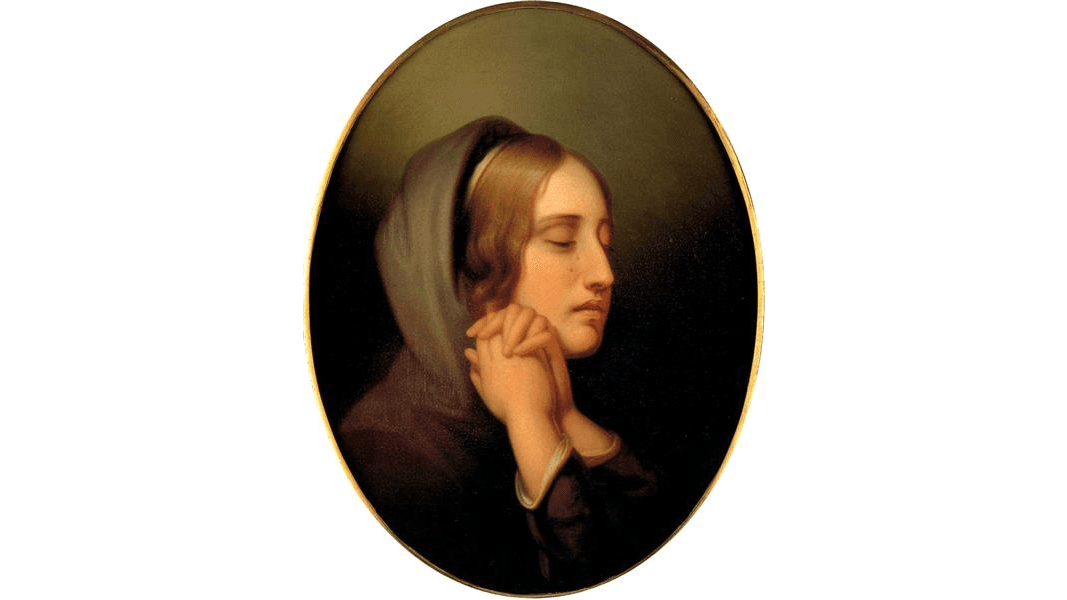Essayist, screenwriter, novelist, and journalist Joan Didion (1934–2021) was one half of a power couple in America’s late 20th-century arts and culture scene; the other was her husband of nearly four decades, fellow writer, John Gregory Dunne.
When she died in 2021, Didion left behind a lifetime of writing on culture, literature, and family. Her 8,000-word essay “After Life” meditates on life, love, marriage, children, death, and loss. There are other reflections on sickness and health, good times and bad, memory and grief.





